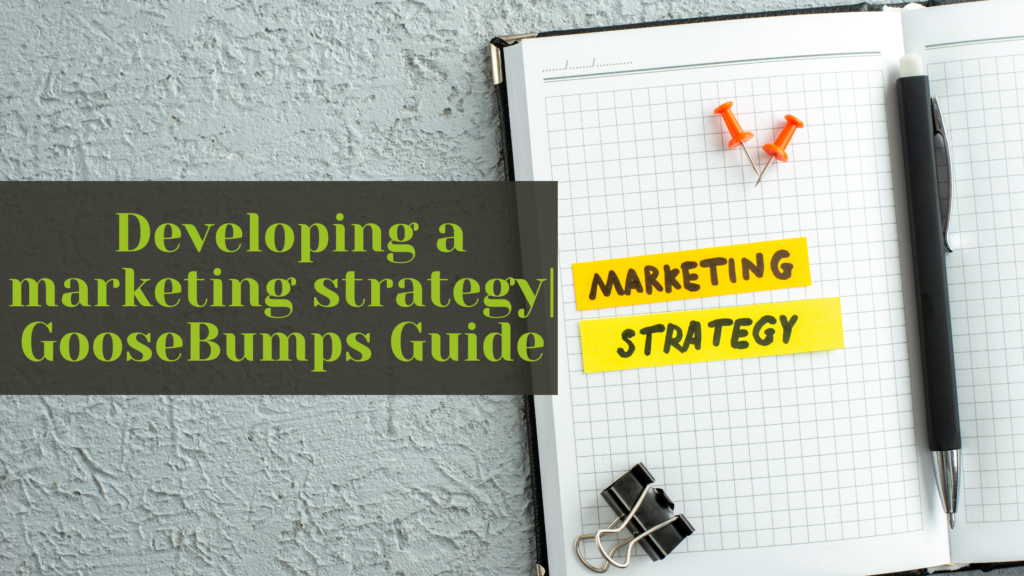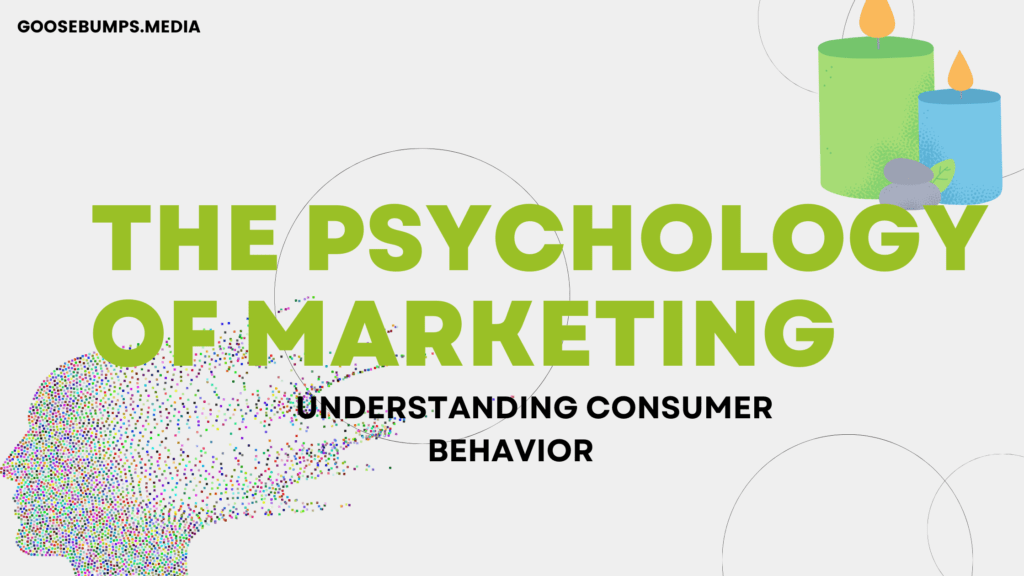
In today’s hyper-competitive digital landscape, crafting an effective marketing strategy is not just a good idea; it’s a necessity. Every successful business, no matter its size or industry, relies on a well-thought-out marketing plan to reach its target audience and drive sustainable growth. In this comprehensive guide, we’ll walk you through every aspect of developing a marketing strategy that works in 2024 and beyond.
What is a Marketing Strategy?
A marketing strategy is a roadmap designed to promote and sell your product or service. It outlines who your target audience is, where they can be found, and how you will communicate with them. It also includes the tools, channels, and metrics you’ll use to track the success of your efforts.
Importance of a Well-Defined Marketing Strategy
A well-defined marketing strategy ensures that your resources are being used effectively. Without a clear plan, businesses often fall into the trap of spending too much time and money on channels that don’t bring in returns. A strategic approach allows you to focus on activities that will make the biggest impact, helping you attract, convert, and retain customers.
Steps to Developing a Strong Marketing Strategy
Define Your Business Objectives
Before jumping into tactics, it’s crucial to understand what your business aims to achieve. Ask yourself the following:
- Are you looking to increase brand awareness?
- Do you want to drive more sales?
- Are you seeking to enter new markets?
Your marketing strategy should be aligned with your overall business objectives. Without clear goals, it’s difficult to measure the success of your marketing activities.
Understand Your Target Audience
Understanding who your target audience is and what they need is critical. Conduct thorough research into their demographics, behaviors, and pain points. Use the following methods to gather data:
- Customer surveys and interviews
- Market research reports
- Social media analytics
Once you have a clear picture of your audience, you can tailor your messaging and choose the right channels to reach them effectively.
Analyze Your Competitors
One of the best ways to develop a winning marketing strategy is to study your competitors. Conduct a competitor analysis by answering the following questions:
- Who are your top competitors?
- What marketing tactics are they using?
- What are their strengths and weaknesses?
Use tools like SEMrush or Ahrefs to analyze your competitors’ digital presence. This will give you insights into which keywords they rank for and how they structure their content. Identifying gaps in their strategy can give you an edge in your market.
Set Clear KPIs
Your marketing strategy should be built around clear Key Performance Indicators (KPIs) that align with your business goals. Common KPIs include:
- Website Traffic
- Conversion rates
- Customer acquisition costs (CAC)
- Return on Investment (ROI)
Tracking these KPIs will help you measure the success of your marketing efforts and make data-driven decisions moving forward.
Develop Your Unique Value Proposition (UVP)
Your Unique Value Proposition (UVP) is what sets you apart from your competitors. It should clearly explain why a customer should choose your product or service over others in the market. Your UVP needs to be:
- Clear
- Concise
- Compelling
Place your UVP front and center in your marketing communications, from your website’s homepage to your email campaigns.
Choose the Right Marketing Channels
There are numerous marketing channels available today, but not all will be right for your business. Here’s a breakdown of the most effective ones:
Search Engine Optimization (SEO)
SEO is one of the most powerful long-term strategies for driving organic traffic to your website. By optimizing your content for search engines, you can improve your rankings and attract users who are actively looking for your products or services.
Content Marketing
Content marketing involves creating valuable and informative content that educates and engages your audience. Blogs, eBooks, webinars, and videos are excellent tools to build trust and establish your brand as a thought leader.
Social Media Marketing
Social media is a critical tool for engaging with your audience. Platforms like Facebook, Instagram, and LinkedIn provide an opportunity to build a community around your brand and drive traffic to your site.
Email Marketing
Email marketing remains one of the most effective ways to nurture leads and drive repeat business. Personalized, value-driven emails can help you build relationships with your audience and keep them engaged with your brand.
Paid Advertising (PPC)
For faster results, pay-per-click (PPC) advertising on platforms like Google Ads or social media can deliver targeted traffic. Make sure your ads are aligned with your business objectives and target audience to maximize ROI.
Allocate Your Budget Wisely
Effective budgeting is essential to ensuring that your marketing strategy is sustainable. Break down your marketing activities and allocate a budget based on your priorities. Keep in mind the costs for content creation, advertising, software tools, and human resources.
Execute Your Strategy
Once your strategy is in place, it’s time to put it into action. Make sure your team understands their roles and responsibilities. Use project management tools like Trello or Asana to keep track of tasks and deadlines.
Monitor, Optimize, and Adapt
The digital landscape is always changing, so your marketing strategy needs to be flexible. Regularly monitor your KPIs and assess the performance of your campaigns. Make data-driven adjustments to optimize for better results. For instance, if a particular social media platform is underperforming, you might shift more resources into SEO or email marketing.
Conclusion
Developing a marketing strategy is essential for the success of any business. By defining your objectives, understanding your target audience, and choosing the right channels, you can create a comprehensive plan that drives results. Don’t forget to continually monitor and optimize your efforts for long-term success. Contact Us Today


